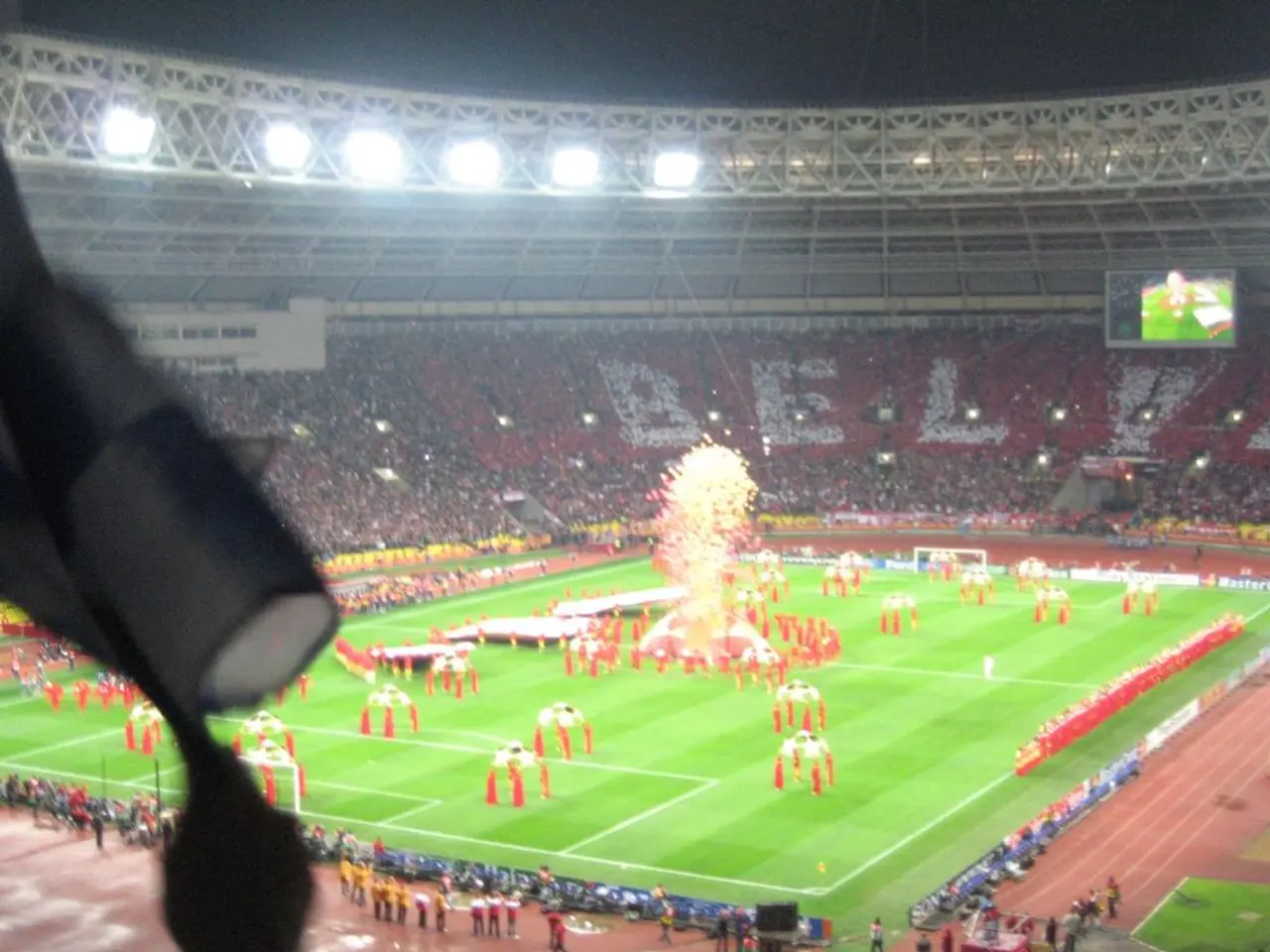Risky move by Netanyahu could potentially accelerate Iran's acquisition of nuclear weapons
In the heat of 2023, three pivotal questions demand answers concerning Israel's military action against Iran's nuclear program. Can this bold move ensure, once and for all, that Iran never sends a nuclear weapon Israel's way? If so, it might be justified, given the consistent hostility from Tehran and Israel's vulnerability as a one-bomb nation.
The Iranian regime has long declared the destruction of Israel, acting on this policy for decades. With Iran's uranium enrichment program pushing toward weapons-grade material, and a stockpile at 60%, it's a scary sight. Frankly, Israel can't risk letting a hostile nation like Iran join the nuclear club.
However, whether this military action can truly achieve success remains a substantial 'if'. It seems more likely Israel can only delay Iran's nuclear program for a few years. If that's the case, the bloodshed and unforeseeable consequences might not be justifiable, as the war would only displace existing diplomatic efforts without significant gains.
The abandoned 2015 international nuclear deal and any realistic agreement from U.S.-Iranian talks slated for Sunday could equally have achieved this. The key difference? No loss of life and reduced risk to regional stability and global markets.
So, what's the rush, you ask? Prime Minister Benjamin Netanyahu has long been lobbying the U.S. to help take out Iranian nuclear sites, but chose to act alone on the cover of darkness. There are two primary reasons for Israel's sudden military gambit.
First, Iran's air defenses have taken quite a hit over the past year, and Israel's potential for retaliation has waned over decades. By arming Hezbollah in Lebanon and Hamas in Gaza with missiles, Iran has built up a risky arsenal. But changes in the strategic environment have created a window of opportunity to attack with lower risk to both Israel and its pilots, as Netanyahu correctly pointed out.
Second, and far more concerning, is the personal political interests of Netanyahu. The belief that he has been fueling the war in Gaza for self-serving reasons is rampant within Israel. Conflict keeps him in power and diverts attention from the extraordinary security and policy failures that allowed Hamas's October 7, 2023, terrorist rampage to succeed. It's not hard to see the timing of the military action as a strategic move to rally support at a crucial point in his political standing.
Now, let's ponder whether Netanyahu's plan for success is tied to U.S. involvement. Military analysts consensus holds that Israel can only do limited harm on its own; to succeed, it needs America's 15-ton bunker-buster bombs. These weapons are essential for penetrating Iran's advanced centrifuge cascades buried deep beneath mountains at Fordow and other enrichment sites. As things stand, neither Fordow nor Isfahan were among the initial targets hit in Israel's air strikes.
The stakes couldn't be higher, and the outcome for Israel remains uncertain. The Supreme Leader, Ayatollah Ali Khamenei, may choose, or be able, to respond in a way that doesn't force the U.S. to become involved. But if he can't, Israel might be faced with a prolonged campaign of air strikes against hardened uranium enrichment sites, with uncertain results. Worse still, Khamenei might escalate in ways that bring the U.S. into the fight, potentially backfiring on Israel's strategic goals.
In conclusion, Israel's military action against Iran's nuclear program is driven by a mix of strategic, political, and diplomatic factors. The struggle to delay Iran's nuclear capabilities and restore Israel's regional dominance comes at a high cost: uncertainty and potential escalation.
The environment of war-and-conflicts surrounding Israel's military action against Iran's nuclear program is heavily influenced by politics, as the actions of Prime Minister Benjamin Netanyahu are motivated by strategic, political, and diplomatic factors. The general news points to the potential long-term consequences of this action, such as the risk of escalation and the possibility of U.S. involvement, which could have significant impacts on regional stability and global markets.





